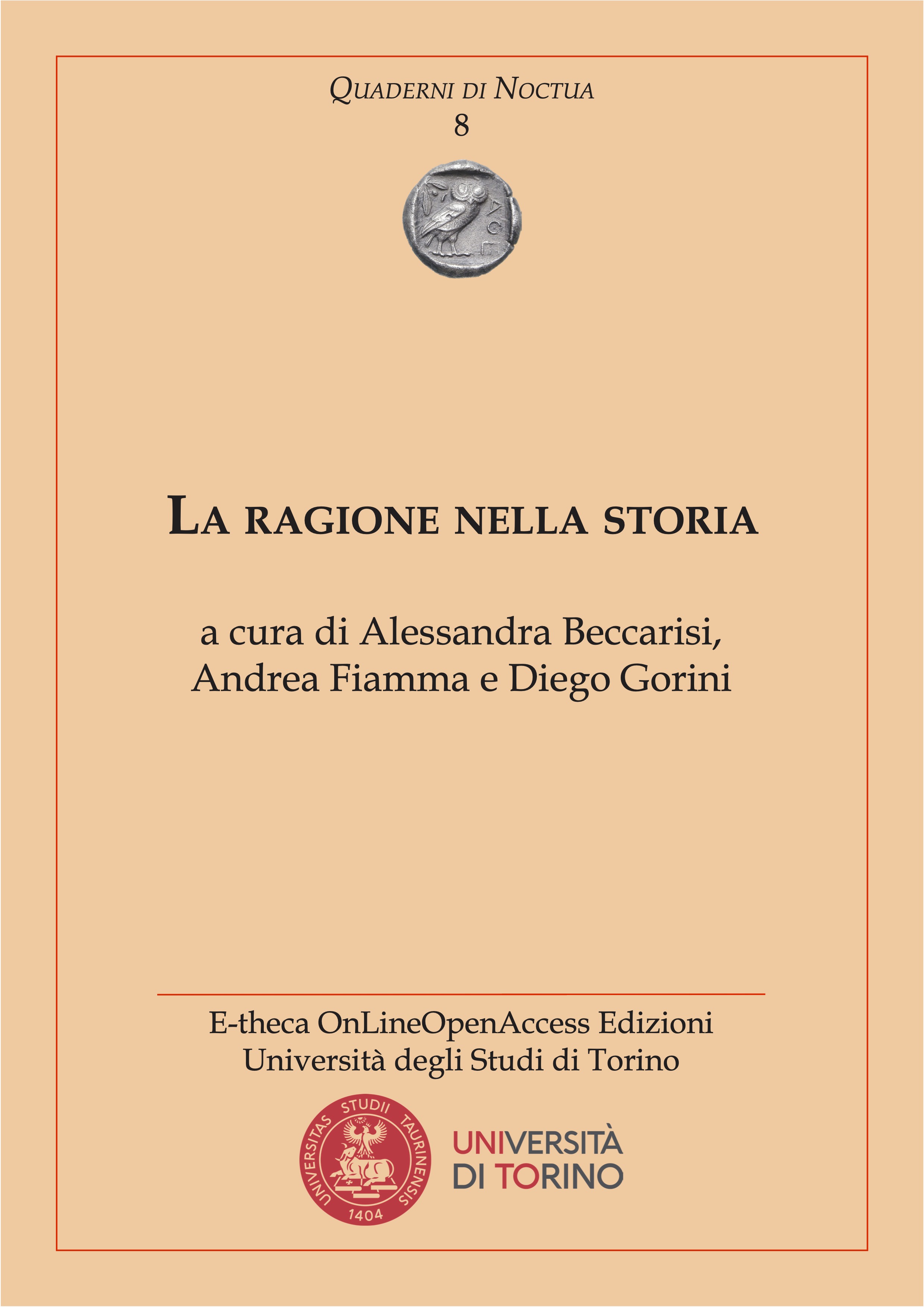Una debolezza della ragione? Il rapporto tra storia e natura da Hegel all’Idealismo britannico
DOI:
https://doi.org/10.14640/QuadernidiNoctua8-9Keywords:
Hegelian philosophy, British Idealism, contingency, Darwinian theory, rationality, freedomAbstract
This article explores the interplay between history and nature in the philosophy of Hegel and its reception in British Idealism. Starting with Hegel’s concept of reason as the logical structure of the world, the discussion highlights the tension between the rational and contingent dimensions of reality. Hegel identifies an inherent ‘impotence’ in nature, consisting in its inability to fully realize the concept, which leaves an element of contingency that resists complete rational integration. This issue became a focal point for British Idealists such as Andrew Seth Pringle-Pattison and David George Ritchie, who grappled with reconciling Hegelian rationalism with Darwinian evolutionary theory. Seth critiques Hegel’s failure to rationalize contingency, perceiving it as a breakdown of his system, while Ritchie integrates Darwin’s natural selection into Hegelian thought to address these limitations. By adapting Darwinian mechanisms to explain natural and historical processes, Ritchie redefines the status of reason, risking a shift towards determinism. The article concludes by reflecting on the tension between reason and contingency as a central problem in understanding the relationship between freedom, history, and nature.
Downloads
Published
Issue
Section
License
Copyright (c) 2025 Antonio Lombardi

This work is licensed under a Creative Commons Attribution 4.0 International License.
Noctua pubblica contributi Diamond Open Access secondo i termini della licenza CC BY / Noctua publishes Diamond Open Access contributions under the terms of the CC BY license.






